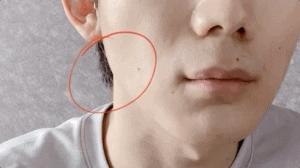
As people grow older, many people find their faces getting bigger and more square, as if their cheeks growing.
The word “growing cheek” is a bonus for cats, but if it happens to people, it is a beauty killer.
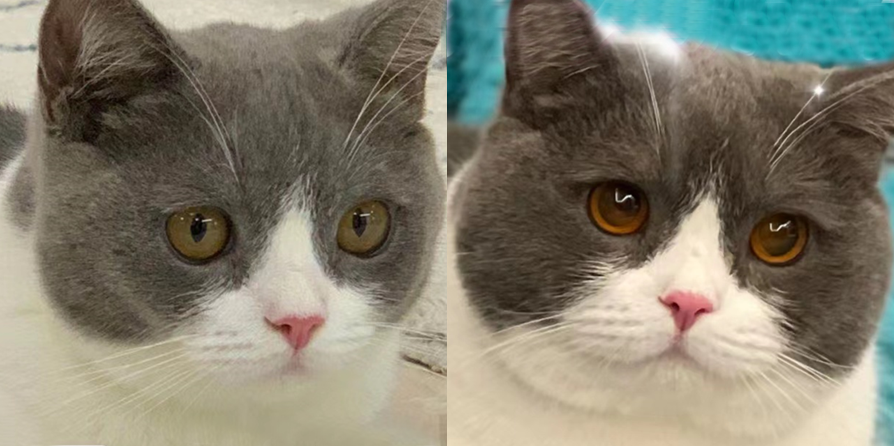
In fact, it has something to do with a muscle in one’s cheek. Expert interpretation, teach you how to practice this muscle.
Masseter muscle, the most powerful masticatory muscle in the human body
When we say “growing cheeks”, we often refer to the fattening on both sides of the chin or the square of the chin itself. One common type is masseter type parotid.
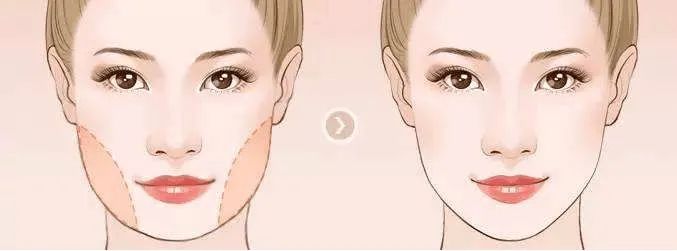
Masseter muscle is the most powerful masticatory muscle of human body and the main executor of occlusal action. Under the control of the trigeminal nerve, when the masseter muscle contracts, the mandible is pulled upward and the upper and lower teeth bite, which is used to bite hard food.
The masseter muscle fiber is relatively thick and has a certain facial support function. It will affect the appearance of 1 / 2 of the middle and lower position of the face.
Many people feel that their faces have become larger, square and “hairy cheeks”, which may be the “strength” of their masseter muscles.
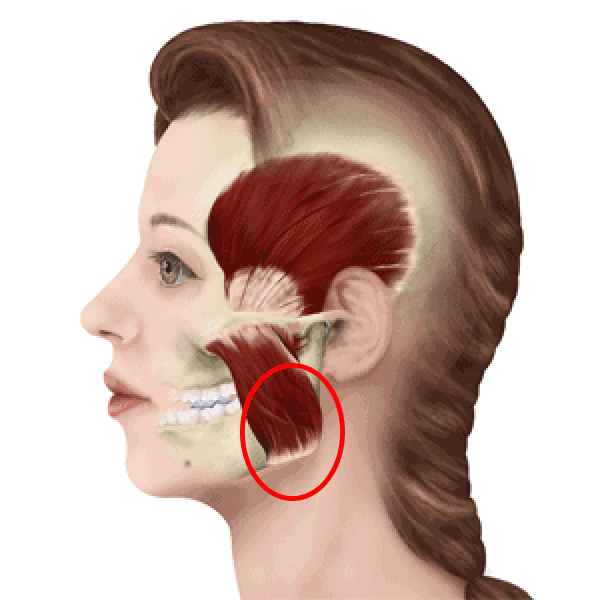
Among the muscles attached to the mandible, the largest one is the masseter muscle, also known as the masticatory muscle.
The mandible is the bone supporting the chin. It is connected with the temporal bones on both sides to form the temporomandibular joint. Our teeth grow on the mandible.
If you want to judge whether your masseter muscle has become “strong”, you can test yourself according to the following methods:
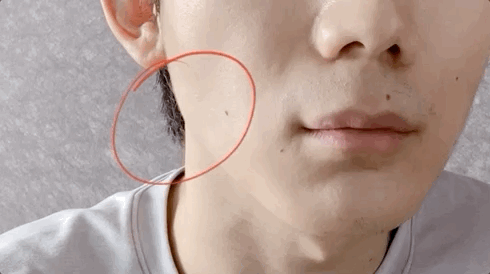
If you don’t gain weight and you can feel the bulging and tight muscles when you bite your back teeth, you’re most likely to have masseter hypertrophy.
Strong masseter muscles make people live longer
Masseter muscle is one of the most critical muscles in the human body. Regular exercise can help delay aging and prolong life.
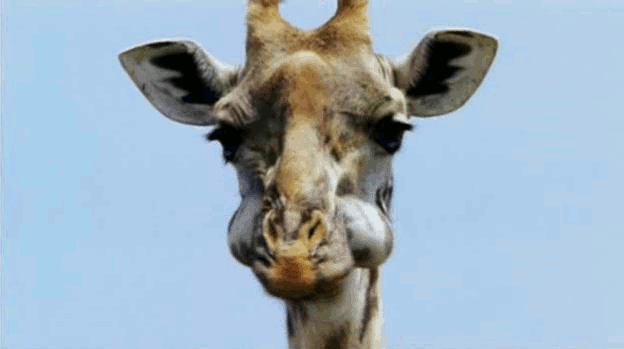
Recently, some foreign researchers found that there is a third layer of muscle tissue in masseter muscle, which is called “masseter coronary muscle”.
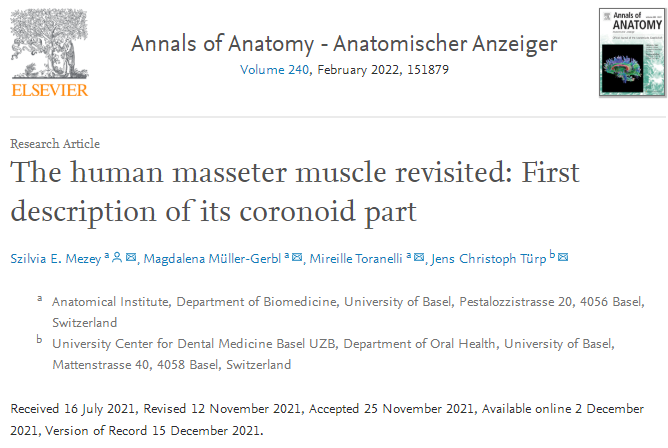
This new muscle layer may help stabilize the jaw by lifting and contracting the coronoid process. It is the only part of the masseter muscle that can pull the jaw back, which is very important for chewing.
Masseter muscle is key to longevity. Masseter muscle strength is strong and the brain is younger. Some people can bite hard fruit when they are young, but when they are old, they can’t even eat something strong, which also affects their nutritional intake and mood.
In 2017, a study in the American Journal of geriatrics pointed out that chewing strength can also predict the risk of Alzheimer’s disease. The stronger the brain, the younger the brain, and the lower the risk.
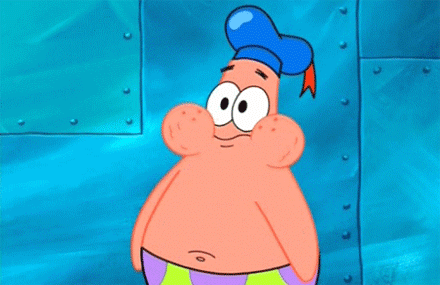
Bad habits can “hurt” the masseter muscle
The so-called “use in and waste out”, many wrong usages will lead to masseter muscle “injury”.
Bad chewing habits
Usually, people who like to bite hard objects, chew for a long time and many times will have stronger masseter muscles, resulting in wide mandible. In serious cases, it can cause functional disorder of mandibular joint.
Unilateral mastication will make the burden on one side heavier, while the masseter muscle on the other side can not get functional stimulation. Unilateral masseter muscle hypertrophy can occur, and the corresponding joints are stressed and damaged.
Neurological problems
Trigeminal nerve problems, trauma, mental tension, cold stimulation, nocturnal molars, etc. may damage the masseter muscle, resulting in masseter muscle disorders, such as fascia pain, muscle spasm, etc.
Aging
The thickness of the masseter muscle increases naturally after the age of 22 and 20 in men.
With age, collagen is lost, muscle elastic fibers are aged and broken, and the strength and support of masseter muscle will be relatively weakened. There may be facial relaxation or sagging, and the chewing ability may be reduced.
Masseter muscle weakness
When the masseter muscle is weak, it can be manifested as being tired of chewing, unable to chew, unable to eat hard food, etc., and the risk of malnutrition, aspiration, dysphagia and unclear speech is greatly increased.
Three methods to train chewing power
The strength of masseter muscle is often referred to as masticatory power, which decreases with age. Experts recommend the following three ways to exercise masseter muscles.
Puffy cheek
The method of “puffing the cheeks” can be used to train chewing power, that is, let the cheeks stir back and forth like gargling, and do it 30 times quickly, which can stimulate the muscles of both cheeks and increase chewing power.
Drag and Pull
Bite one end of tough food such as gum and squid shreds with molars, and gently pull the other end with your hand to feel the force of masseter muscle.
Practice tapping
When tapping, tap lightly first, and the upper and lower teeth collide gently, with a slightly faster speed; Then bite and knock. The upper and lower teeth are like biting things. The speed is slightly slow. Do it three or four times a day.
What if you don’t want your masseter muscles to become “strong”?
For the sake of beauty, some people hope to reduce the masseter muscle to achieve the purpose of thin face. Some will choose medical means, such as surgical resection of some muscle fibers or “face thinning needle” (local injection of botulinum toxin).
Experts remind that if you choose to inject thin face needle in informal institutions, it is likely to cause postoperative facial expression stiffness, so that the masseter muscle loses part of its normal function and affects the chewing function.
In fact, it can be achieved through some daily living habits: reducing chewing and not eating too much hard food (nuts). Over time, the masseter muscle will naturally shrink.
Comments